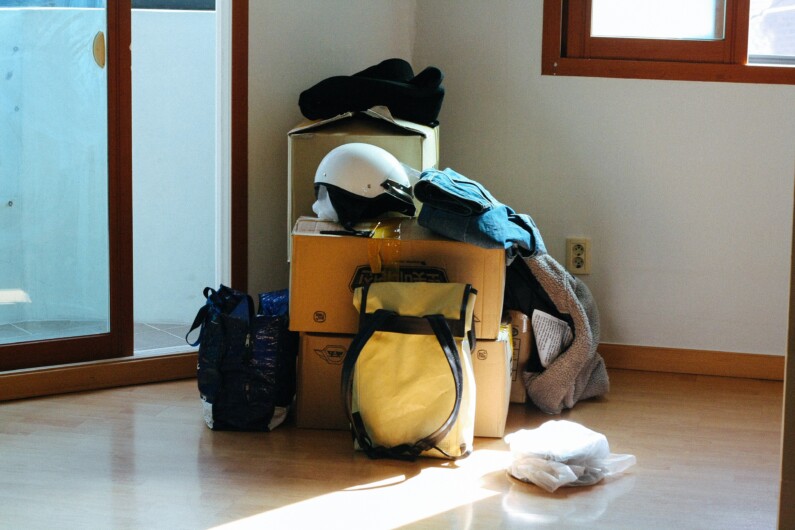After being announced earlier this year as part of the chancellor’s budget, low deposit mortgages are now officially available to help first-time buyers get their hands on a property. The idea is simple enough – instead of being asked to find 10% (or potentially even more) of a property’s value as a deposit, first-time buyers can now get a mortgage with as little as 5% down payment. The lenders will then get a loan guarantee from the government, giving them the security to lend more money than they may otherwise be able to.
Who does it benefit?
Low deposit mortgages can be particularly beneficial for those trying to get onto the housing ladder in high-cost areas such as London. The higher property values can make it particularly difficult for younger people to save up the deposit that they need. This is particularly true when you factor in the higher rent costs, which eat up a chunk of the monthly budget which could otherwise go into savings.
Would-be homeowners, and particularly couples, with a relatively high income may want to look at properties on the higher end of the pricing scale. Many people find themselves in the position of being able to afford a large monthly mortgage payment, without necessarily being able to save that money for a deposit. After all, the money that you’re currently paying on rent will easily be transferred across to your mortgage payment – but that doesn’t make it any easier to save! Lower deposit requirements could certainly help people in this situation.
What are the potential downsides?
This scheme doesn’t necessarily mean that buyers will be ending up with the best mortgage terms. Typically, the best interest rates are reserved for those who are able to offer more money upfront – and this is still the case. So, while you may save yourself money in the short term, its worth considering how the monthly interest payments will affect your overall mortgage balance. And make sure you understand how potential increases in interest could impact your monthly repayments further down the line. Mortgages are a long-term commitment, so it’s important to understand what you’ll be paying in ten or even twenty years.
Low deposit mortgages don’t do much to help people who aren’t able to meet a bank’s affordability criteria for a mortgage. Lenders will typically only offer around 4.5x of your annual salary for a mortgage, which means those on lower incomes can still struggle. In these cases, you will usually need a larger deposit to bring down the amount that you need for your mortgage.
We’d love to see a scheme that does more to help these people, who are priced out of the market not because of overall affordability rather than savings for deposits. However in the meantime, this is a great option for those who have managed to save a smaller deposit and would like to start building equity in a home of their own.

